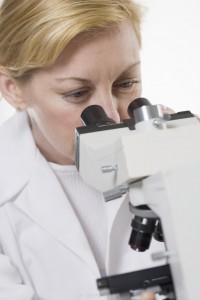
The World Health Organization (WHO) has released its annual World Cancer Report and the news is troubling. WHO warns that cancer is becoming a global pandemic. In predicting a 57% worldwide increase in cancer cases over the next 20 years, WHO estimates that both cancer cases and deaths will nearly double by 2032.
It’s a grim picture made even grimmer by WHO’s finding that nearly half of all cancers could be prevented through a worldwide commitment to prevention, lifestyle education and collaborative research.
“We cannot treat our way out of the cancer problem,” Christopher Wild of the International Agency for Research on Cancer told CNN. “More commitment to prevention and early detection is desperately needed in order to complement improved treatments and address the alarming rise in cancer burden globally.”
Despite the gloomy global picture, there are glimmers of hope. Cancer risk increases with age and a significant portion of cancer’s predicted increase is related to the aging of the world’s population. However, if adjusted for aging, the U.S. cancer rate “is declining notably,” Dr. Walter Curran of Emory University’s School of Medicine told CNN. Curran credits the drop to healthier lifestyle choices.
While Africa, Asia and South and Central America, which account for 60% of global cancer, face tremendous challenges, America’s success offers encouragement for increasing global prevention efforts.
A strong immune system has proven to be a significant aid to cancer prevention and successful treatment. Issels alternative cancer treatments have achieved a unique record of complete long-term cancer remissions utilizing integrated immunotherapy to maximize the body’s immune response. Visit our website to find out more about our cancer treatment and cancer vaccine programs.
Next time: What you can do to decrease your cancer risk





